The Gaviña Family Coffee Legacy Starts in Cuba and Blossoms in Los Angeles

This story is produced in partnership with F. Gavina & Sons, Inc.
At some point or another, you've likely had coffee or espresso from F. Gaviña & Sons, Inc. They do everything from their plant in Vernon — including roasting, packaging and shipping — and they’re found in grocery stores, specialty shops and restaurants across the Western U.S. and in Florida. In fact, if you’ve ever ordered a coffee with your potato balls at Porto’s, you were drinking Gaviña coffee. What the casual consumer may not realize is that the Gaviña family tells a classic Los Angeles immigrant story, not unlike the Porto’s family, and it begins 140 years ago in Cuba.
In 1870, brothers José María and Ramón Gaviña came to Cuba via Spain and began growing coffee in Trinidad. José María’s son, Francisco Gaviña, was born and raised on the farm, learning from a young age about the coffee plant and its cultivation. Marketing Director Lisette Gaviña Lopez is one of Francisco’s ten grandchildren, nine of whom make their living within the family business.
“The quality of coffee starts in the way that it’s grown and the way that it’s processed, and then the roasting and actually making the coffee. At any point, you can mess it up. So one of the things that makes us unique is that we actually began as coffee growers,” she said.
In the 1930s, the Depression had slowed the amount of coffee being exported, meaning the farm had a surplus. Francisco Gaviña's solution was to procure a roasting license and begin roasting the excess coffee for locals in Cienfuegos. Yet everything would change for the Gaviña family with the Cuban Revolution.
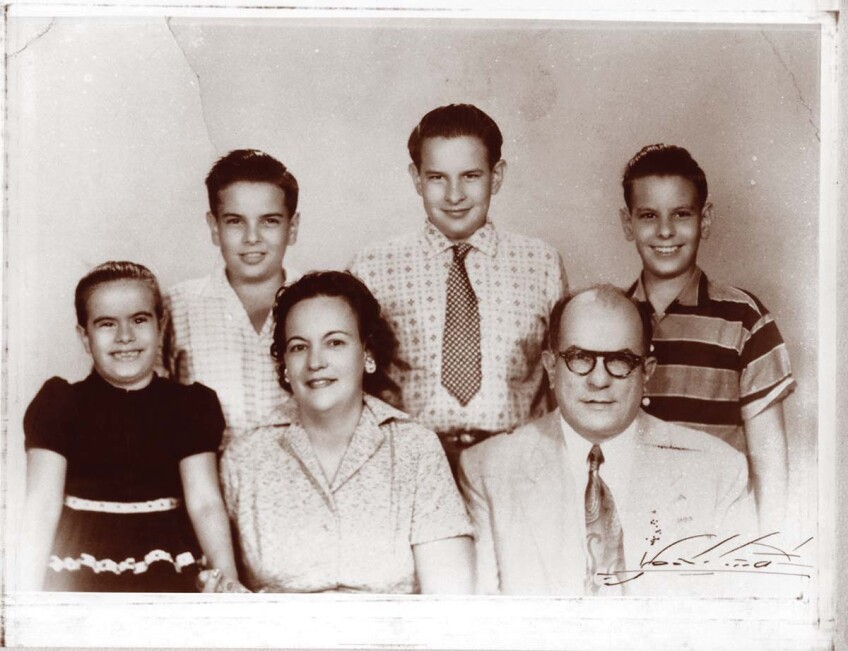
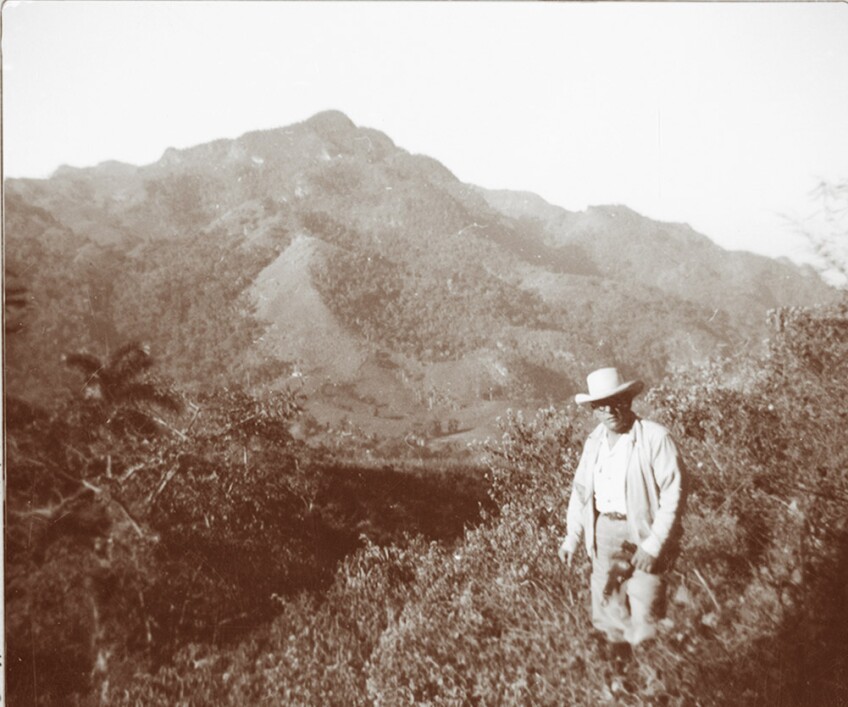
Following the revolution in 1960, the family fled to Spain. After the Bay of Pigs, determining a return to Cuba unlikely, Francisco traveled to Florida to see if starting over in the U.S. was a possibility. His son Pedro soon followed. While the pair were unable to find work in Florida, their luck changed after traveling to L.A. to visit a cousin and her husband. There, they both landed jobs in restaurants, and the rest of the Gaviña family settled with them in Mid-City Los Angeles in 1963. Though Francisco and his family had been reunited, he still dreamed of one day returning to the coffee business.
“This was my grandfather’s life, and his father’s life,” Gaviña Lopez said. “We were in the coffee business for almost 100 years before coming to the United States.”
Finally, in 1967, that opportunity presented itself. A roaster once owned by Bob's Big Boy was up for sale in San Diego. The family took a rented truck down the coast, dismantled the roaster and set it back up in a small, 1,100-square-foot space in Vernon.

By that time, Pedro was working as a mechanic by day and spent his nights roasting and packaging coffee. Jose worked at the Sportsman’s Lodge at night while attending school and peddling his coffee during the day. However, outside of Cuban restaurants and markets, the family found the market for such a commodity lacking.
“Cuban coffee is very strong, very rich and also typically served with sugar, so it’s sweet, too,” Gaviña Lopez said. "There were very few Cubans in L.A. at that time. Nobody knew what espresso was in the 60s.”
For many Cubans, coffee is also a social activity that occurs several times a day, Gaviña Lopez said. You have coffee with friends and co-workers, or you have someone over for coffee. If you’re a guest in someone’s home and they don’t offer you coffee, “it’s considered to be very rude,” she said.
“It's just part of our culture. So with good Cuban coffee, it has to come with that spirit — the family spirit."
While many Angelenos were seemingly content with their blander morning Joe, the ever-entrepreneurial Francisco and his children began selling to other immigrant communities, finding more acceptance in the Italian, Middle Eastern and Vietnamese markets and restaurants. This carried the fledgling business through the 60s, and by the late 70s, the Gaviñas had found a foothold in the new wave of gourmet coffee shops. These specialty markets wanted single-origin coffees, so the company started their Gaviña Gourmet line, sourcing from Colombia, Ethiopia and Indonesia. They were able to expand to a much larger, 25,000-square-foot building, also in Vernon, and soon spread even further to eight adjacent buildings.

In the 1980s, they developed a grocery store line, Don Francisco’s coffee, so named for Francisco Gaviña.

“At the time, we were focusing on gourmet shops, and they didn’t want the same brands that were sold in the grocery stores, but we saw this whole other market,” she said.
Don Francisco’s was one of the first coffee brands in L.A. to be sold in bags, as opposed to cans. The bags are first flushed with nitrogen, then sealed. It features a one-way valve so customers can smell the coffee without allowing oxygen into the bag. Oxygen, of course, being coffee’s natural enemy.
By the late 90s, the little coffee company had become a big coffee company, and they were ready to move again. They purchased the site of their current headquarters, demolished the vacant Sears Roebucks warehouse that stood on the lot and moved into their new facility in 2002. They have continued to re-invent and improve their facility, innovating and reducing their carbon footprint wherever possible. The company focuses on four pillars: dedication to farmers, sustainable sourcing, social stewardship and environmental sustainability. They are currently building a mill for coffee farmers they work with in Colombia, and they contribute to a variety of charities — including the Ronald McDonald House and Enrich LA — financially and via in-kind donations. The company also has zero waste to landfill policy and employees use earnings from sellable materials to purchase new communal amenities.
There are about 250 employees, most of them full-time and many of them long-term — the most recent employee survey revealed the average worker had been there 13 years. Job titles range from green coffee buyers to factory workers, to certified cuppers — essentially the sommeliers of coffee, of which Gaviña has six, including Gaviña Lopez. There are also teachers on site who instruct employees in English and Spanish, and help immigrants prepare for citizenship tests.
While you can’t exactly relax with a cup of coffee at the plant, the company opened its first cafe, Don Francisco’s Coffee Casa Cubana, last August in the Spring Arcade Building in downtown Los Angeles. It’s a bright, winsome space with Spanish tile and gold tables. You might even spot burlap sacks used to ship green coffee to the Gaviña plant repurposed at the cafe as art. Guests can order Cuban sandwiches, house-made pastries, coffee and espresso drinks, beer and wine.
"In other shops, they were baristas that became coffee shop owners, then roasters, then wanted to go back to the farm and have that connection to the farmer,” Gaviña Lopez said. “We started as growers, became roasters and now have opened up our shop because we really wanted people to have a place to experience the warmth of our family and our culture."
See inside Don Francisco's Coffee Casa Cubana:


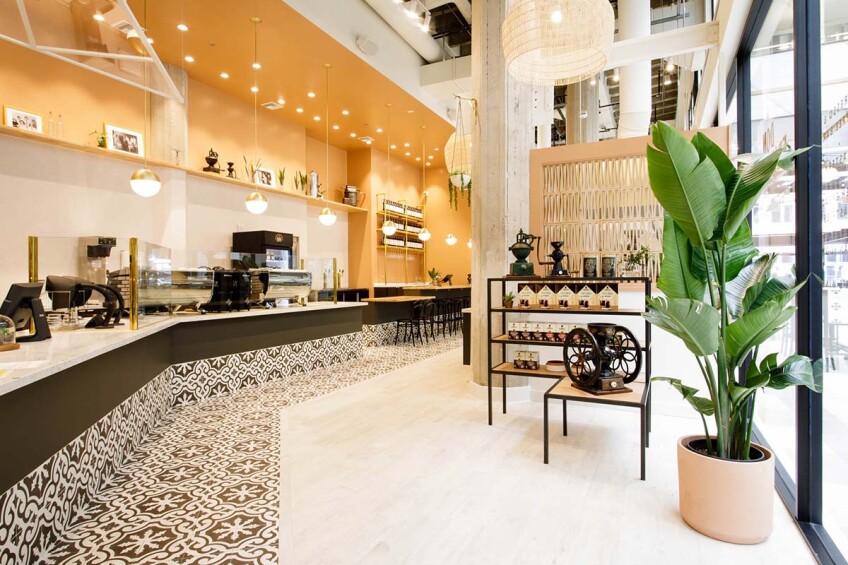


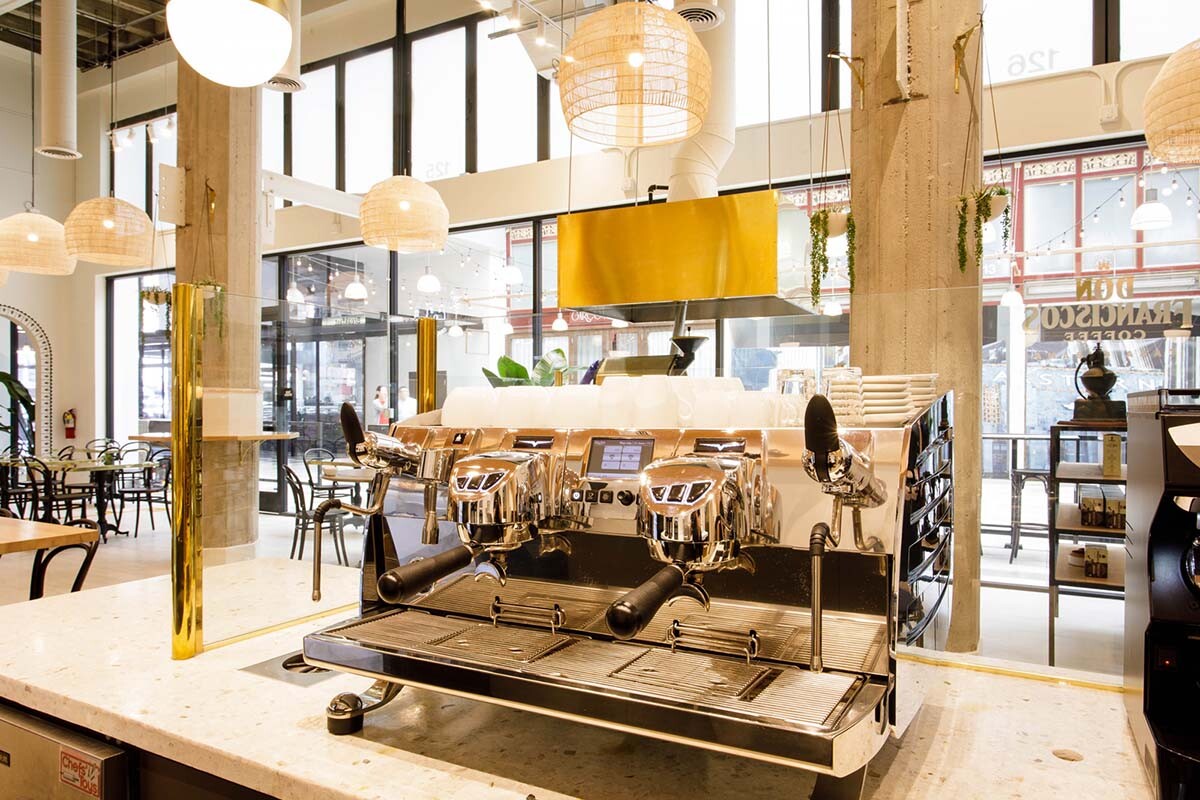


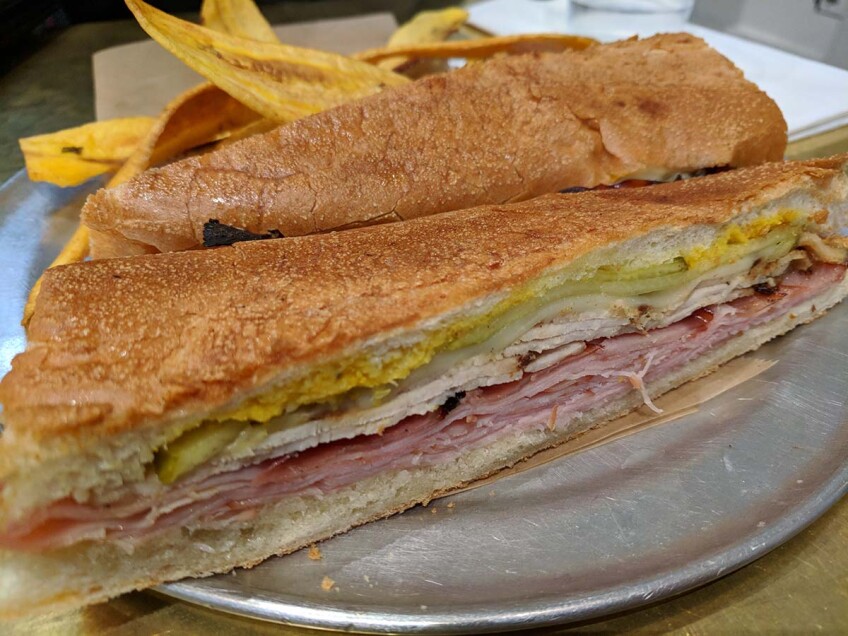

Top Image: Gaviña family inspecting their coffee | Courtesy of F. Gavina & Sons, Inc.


